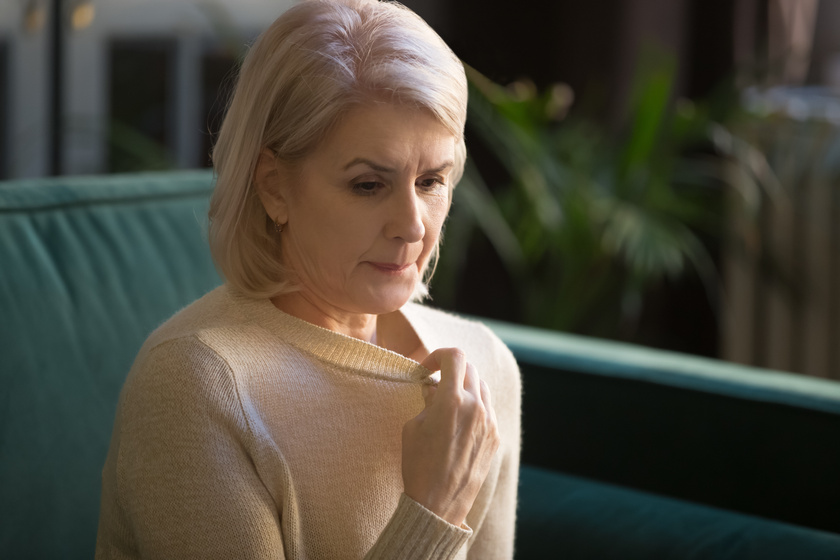According to medical research, it is estimated that more than 66% of women undergoing menopause experience hot flashes. This is also fairly common among women who have surgically removed their ovaries or started menopause after chemotherapy. While there isn’t a proven reason why hot flashes occur, many experts suspect it is due to circulation changes.
During a hot flash episode, the skin surface’s blood vessels will widen to cool off, which causes perspiration even during sleep (also known as night sweat). This will also result in increased and rapid heart rate in some women. The frequency of hot flashes will vary from individual to individual. Some might experience hot flashes for a short period of a few weeks or months, while others experience them for more than a decade.
What Causes Hot Flashes?
While there isn’t a definite answer for what causes hot flashes, common triggers can increase the likelihood of these episodes. Unfortunately, they are often incorporated into our daily lives and can be difficult to abstain from. Some common triggers include:
- Prescribed medicine – These episodes are usually temporary and wane off as your body gets used to your medication.
- Stress and anxiety – Hot flashes could occur due to intense anxiety or heightened stress periods as part of the “fight or flight” stimulation.
- Caffeine – Caffeine increases heart rate and blood flow rate in the body.
- Alcohol/Spicy food – Alcohol and spicy food cause an increase in heart rate as blood vessels vasodilate, increasing the likelihood of hot flashes.
- Heat – Decreased estrogen levels (from menopause) could cause your hypothalamus to be more sensitive to temperature shifts.
- Smoking – Nicotine from cigarettes contains acetylcholine. When it is inhaled, it could raise your body temperature and cause hot flashes.
How Can You Manage Hot Flashes?
Now that you understand there might be certain triggers for hot flashes, the best thing you could do is to avoid them. However, there is more that you could do to manage these uncomfortable episodes. The rule of thumb is to stay cool and regulate your body temperature. This could include using a fan or air-conditioning to prevent the body from sweating.
You could even wear lightweight, looser items of clothing made from materials such as cotton. Cooling materials used in pillows could also help regulate your body’s internal heat. Making certain lifestyle changes could also be beneficial. These could include incorporating more exercise such as brisk walking, jogging, swimming, cycling, dancing, yoga, and dancing. Dedicating some time to practice abdominal breathing techniques could also help manage hot flashes.
What Medications Are Available for Hot Flashes?
When your hot flashes episodes become unbearable and are disruptive to your sleep, it might be time for you to talk to your doctor about treatment options. Receiving hormone replacement therapy is one solution that your healthcare provider could suggest, as it has helped many women overcome hot flashes and could help manage their menopausal symptoms such as mood swings.
However, this treatment would only last for a limited time. In addition, it could lead to side effects such as blood clots and gallbladder inflammation while increasing the likelihood of developing breast cancer. In cases where HRT isn’t suitable, other types of prescription medication could also help alleviate hot flashes. These include paroxetine, venlafaxine, fluoxetine, which are all low dose depression drugs, gabapentin – used for treating seizures, and clonidine – a blood pressure medication. In any case, it is important to consult with your physician for their advice before consuming any.
Caring for Your Loved Ones Is Our First Priority
Lakeside At Mallard Landing is committed to caring for your loved ones as much as we would our own. Our team members are highly-qualified, experienced, and are highly passionate about their work. They work their hardest to ensure that our community members are well-taken care of, with their every need and request met. Additionally, our living options and programs are strategically curated and designed to help your loved ones stay engaged with the community while also maximizing and optimizing their safety.
To learn more about the living options and programs we have available at the Lakeside At Mallard Landing, please feel free to contact us and arrange a tour with us!







